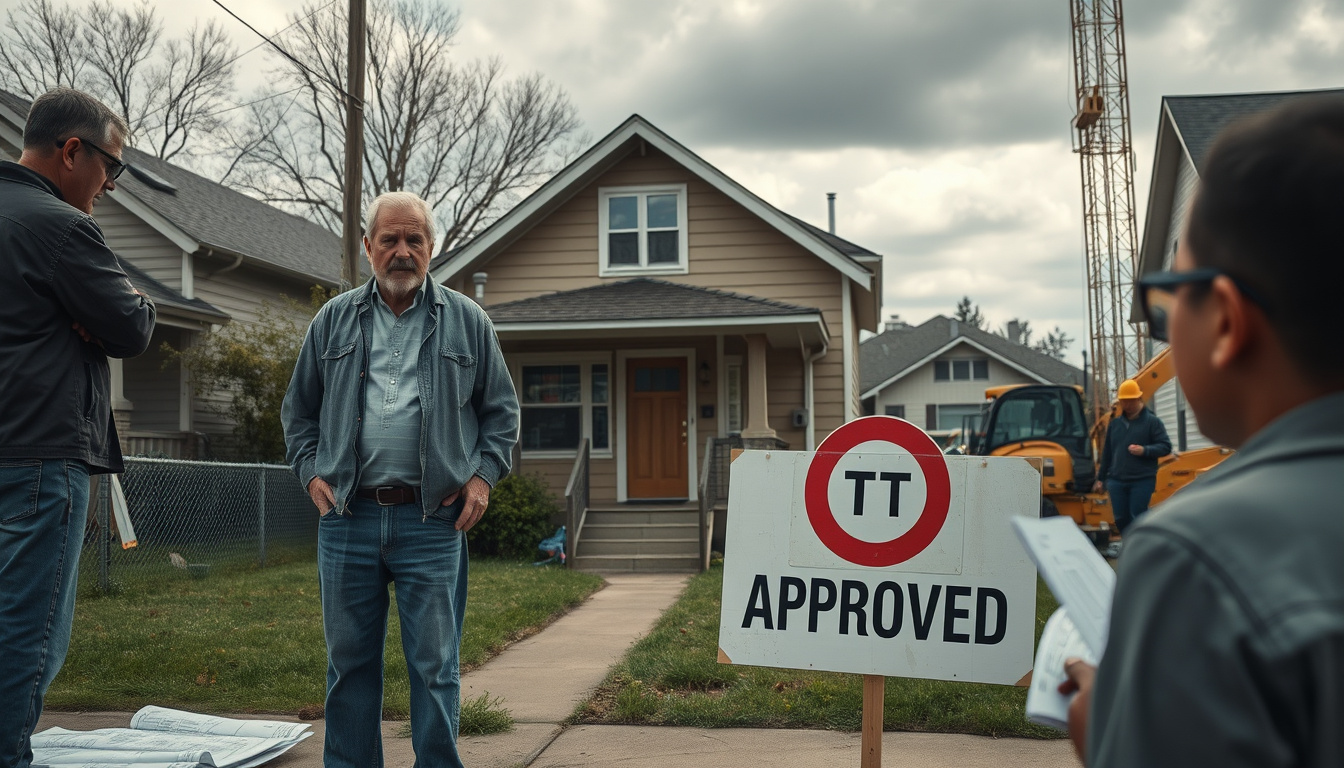Planning Appeal for HMO Extension in Elmdon Rejected
The inspectorate—agent of planning—dismissed the appeal; the appeal, retroactive, sought permission for an extension, and the extension, part of a house (HMO) in Elmdon, provokes a threat of enforcement.
Background of the Extension and Appeal
In 2024, in Solihull the authority granted planning permission; permission allowed a garage to convert and a side addition to extend upward into two storeys, and the property, on Old Lode Lane, received this plan. Once the work concluded, the construction—built in reality—failed to align with the approved plan.
The owner, actor of the property, then applied for retroactive permission; this revised application aimed at a structure of two-and-a-half storeys, and its aim was to free up one apartment inside the small HMO. Proponents, supporters of the altered scheme, noted the building’s craftsmanship and materials, which stood in close relation with the original dwelling.
Reasons for Refusal
The local planning authority, critic of the proposal, denied the application; it cited issues of bulk, scale, and design. In the decision, the development, in its very form, did not respect the property’s character and diminished its visual quality, and the building, placed among its neighbours, disturbed the street scene.
The owner, who appealed the denial, saw the appointed planning inspector review the case; after careful inquiry, the inspector maintained the rejection, upholding the original decision.
Inspector’s Findings
The inspector, examiner of design, scale, and width, found that the extension unbalanced the link between the subject property and its neighbouring structures. Near a junction, the location worsened the negative impact on the area’s unique look, and the extension’s form clashed with the local scene. Even if the workmanship proved high in standard, it did not counteract the harm that the project brought, and the final assessment showed that the proposal did not match the local development plan; no material consideration, factor of weight, justified the grant of permission.
Next Steps and Implications for HMO Investors
The owner must now revert to the approved original plans; otherwise, enforcement proceedings will arise. This situation, experience of property alterations in HMOs, stresses for investors the need to keep every extension strictly aligned with approved plans. Investors, who manage properties of this type, face risks: non-alignment invites denial, appeals that incur costs, and even enforcement that interrupts the building’s use.
Summary
A recent appeal, which aimed to formalize an extended HMO in Elmdon, met rejection; reasons centered on design and the negative effect on the local appearance. The case stands as a stern warning: when extending or developing HMOs, strict compliance with planning permission is required, with missteps risking rejection and ensuing strict actions.



